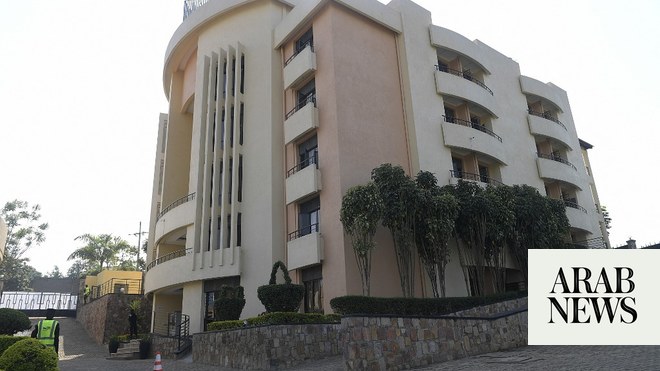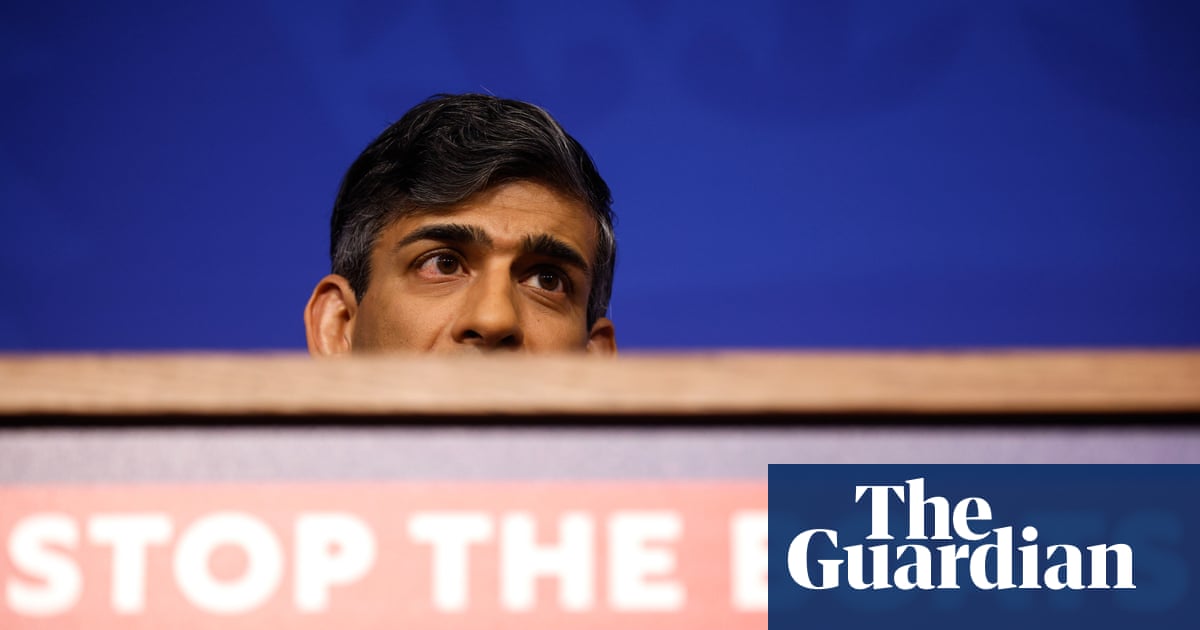
Sending asylum seekers to Rwanda is an “absolutely shameful” policy that threatens to undermine Britain’s potential to lead in a changing world, the Labour peer Valerie Amos has said.
Lady Amos, who this week became the first black member of the Order of the Garter, said the scheme “sends a message” to other countries about “how seriously we take our responsibilities” to the UN’s security council and charter on refugees.
She said that Prince Charles, also a member of the order as Prince of Wales, “absolutely understands his role in terms of the importance of neutrality” after he was reported to have made disapproving comments in private on the Rwanda scheme.
Amos, a former leader of the Lords and UN undersecretary general for humanitarian affairs, became the first black head of an Oxford college when she was appointed master of University College in 2020. She added another of many firsts with her investiture this week in the Order of the Garter, which has a maximum of 24 members in addition to the sovereign and the Prince of Wales, during a glittering ceremony at Windsor Castle.
Speaking on the Rwanda policy, she said: “I do not think we should be sending people to Rwanda. If we look at those countries that have tried offshore processing in the past, it has not worked.
“I have gone on record as saying the government’s policy is absolutely shameful. I do not understand why with the resources we have at our disposal we can’t speed up processes and do it here.
“Our government says it wants to be an important player on the global stage. It talks about Global Britain. We have responsibilities internationally that we have signed up to. It’s really important that we demonstrate some leadership in terms of speaking to those values, and also in the way that we work and function, that we are seen as living those values.”
She added: “The message we are sending to many other countries in terms of how we treat asylum seekers and refugees, how we deal with the processing of people who are seeking asylum, how seriously we take our responsibilities in relation to the charter on refugees, how seriously we take responsibilities as a permanent member of the security council, I think this opens up so many questions for us in terms of our potential to show leadership in this area.”
On joining the order, she said she was “flabbergasted” and “thrilled” at the honour on a personal level, and believed that the slowly increasing number of honours for black and minority ethnic people acted as a “signal to people who look like me that this can happen and is possible”.
It spoke to changes happening in Britain that were given “huge impetus” after the death of George Floyd and the Black Lives Matter movement, she said. With those changes, however, Britain had to understand its past, including empire and its part in the slave trade.
This should not be a “blame-fest”, she said, and that it was instead a chance for “a conversation about acknowledgment and recognition”.
“I worry, for example, so little of that history is taught in our schools, that there is so little understanding of where our wealth as a country has come from.” The Amos bursary, which she co-founded in 2009, ensures Britain’s talented young people of African and Caribbean heritage have the opportunity to excel in education and beyond.
She was speaking as Rwanda prepares to welcome leaders to the Commonwealth heads of government meeting next week. Charles is due to attend after reports he privately described the government’s policy to send asylum seekers to the African country as “appalling”.
“I have no idea whether or not Prince Charles made those remarks. What I would say is that I think he is somebody who is extremely experienced and absolutely understands his role in terms of the importance of neutrality,” she said. “If he did make these remarks, I know he would not have wanted them to be in the public domain.”
On the Commonwealth, with 60% of its 2.6 billion people under 30 years of age, she said the Commonwealth would persevere after the Queen’s reign ends but that it needed to reflect its younger demographic.
“I don’t see any reason why the Commonwealth should not have a future, a really important future, through that transition. But we also have to think as people of the Commonwealth about what we want from the Commonwealth,” she said.
“I would want young people to be front and centre, less about government to government and more people to people”.
Given the Commonwealth membership of Rwanda, which has been questioned over its human rights record, and with Gabon, described by the Human Rights Foundation as a “feudal state”, becoming its 55th member next week, there are likely to be questions over how some countries align with the Commonwealth’s stated values.
However, Amos said it was what countries aspired to be that was important. “One of the things I think about the Commonwealth, the same as the European Union, is that you have countries wanting to be part of organisations that have charters and values which are about who and what you want to be going forward,” she said.
“If you look across the Commonwealth family, there are countries that have had numerous challenges, and have a history that they have to come to terms with … and I think to have an organisation where you want to aspire to certain things, and you want to be able to work through those things, is a positive, not a negative.
“It speaks well to what the Commonwealth stands for.”












